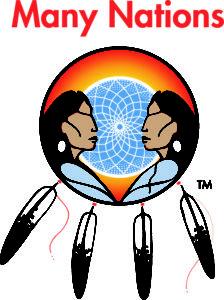
In the late 90s, Joe Carter, Director of Education for Onion Lake First Nation, recognized First Nations had similar financial services needs to their non-Indigenous counterparts, but those needs weren’t being met in the same way. He saw an opportunity and went to work.
[...]
Many Nations Financial started as a small not-for-profit organization in 1995, and over time it has grown from representing just Onion Lake First Nation to providing services to over 150 communities across the country. Carter’s ultimate goal, however, was for it to be a co-operative. In 2009 the business re-organized its structure to fulfill this dream.
“I think that part of his dream or his vision was … traditionally First Nations operated very co-operatively,” Davison said. “They shared everything they had.”
Establishing Many Nations as a nation-wide co-operative was a long process, but eventually it became the first national Indigenous co-operative in Canada. Because its mandate is to provide services primarily to Indigenous organizations, and only Indigenous organizations became co-op members, Many Nations had to apply for a human rights exemption. This defining factor was key for the organization to “promote Indigenous business in as full a way as we possibly could,” said Davison.
Read the rest at Co-operatives First
Go to the GEO front page

Add new comment